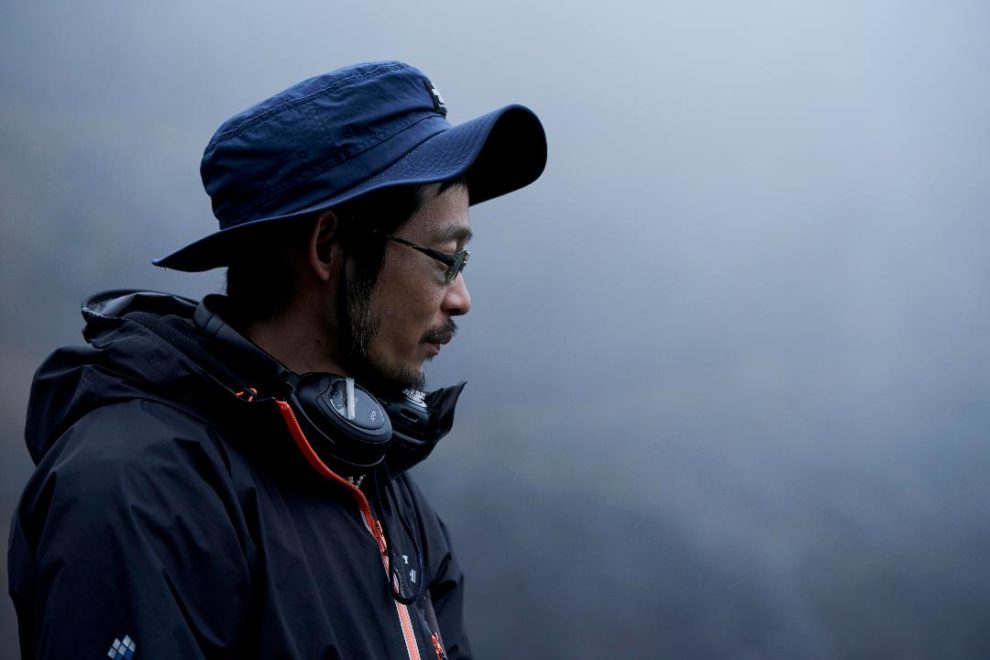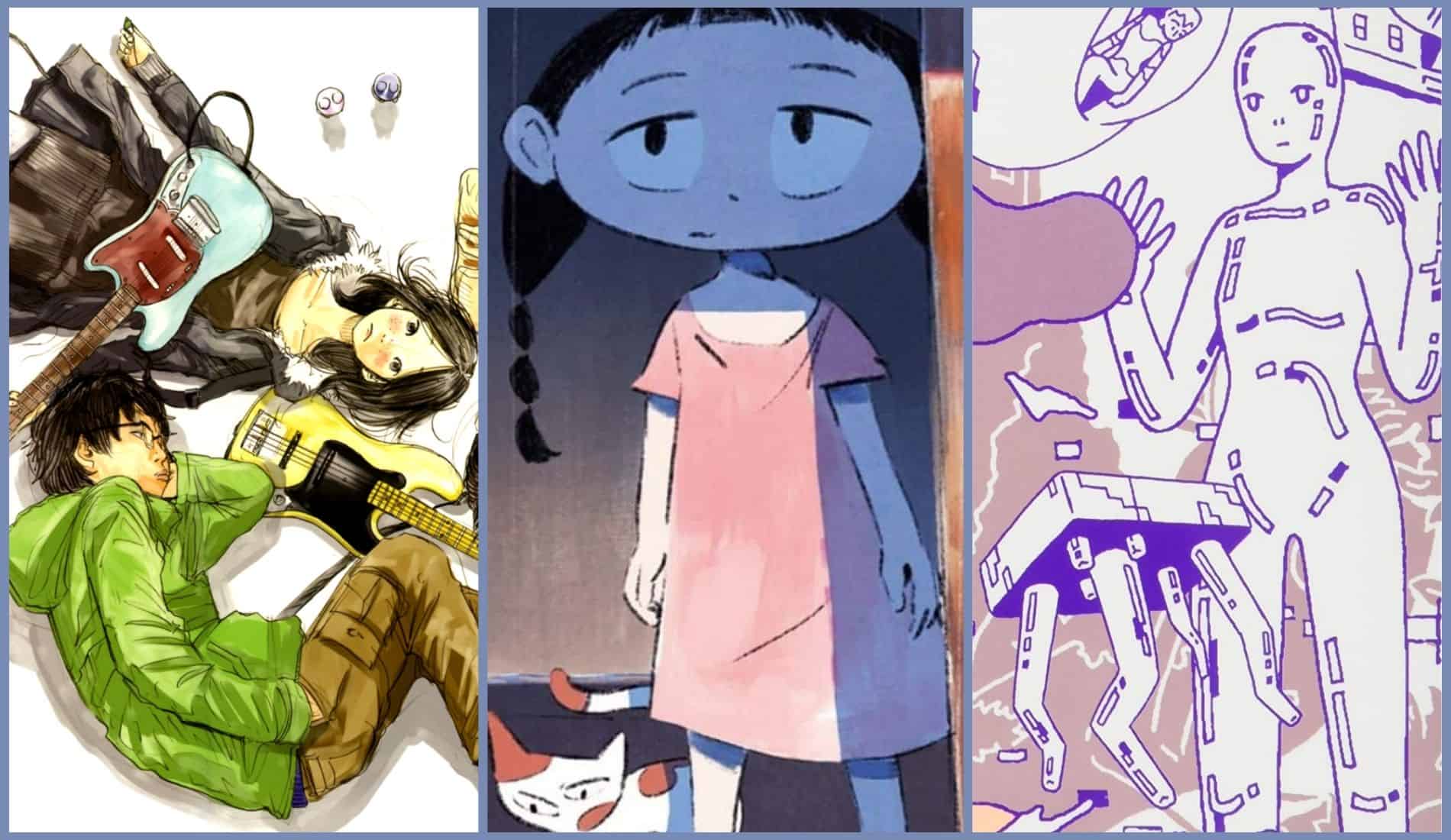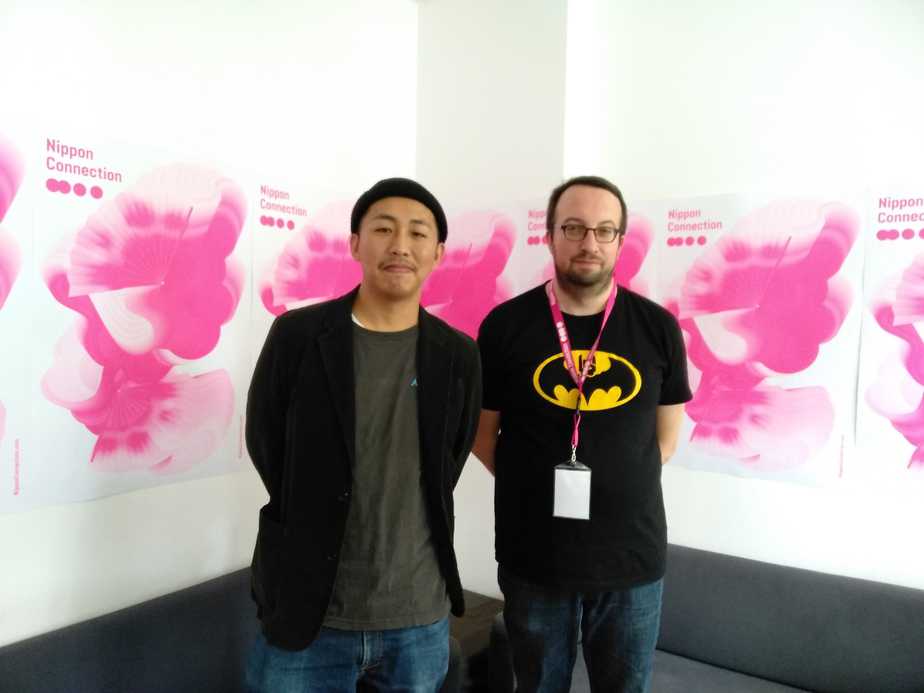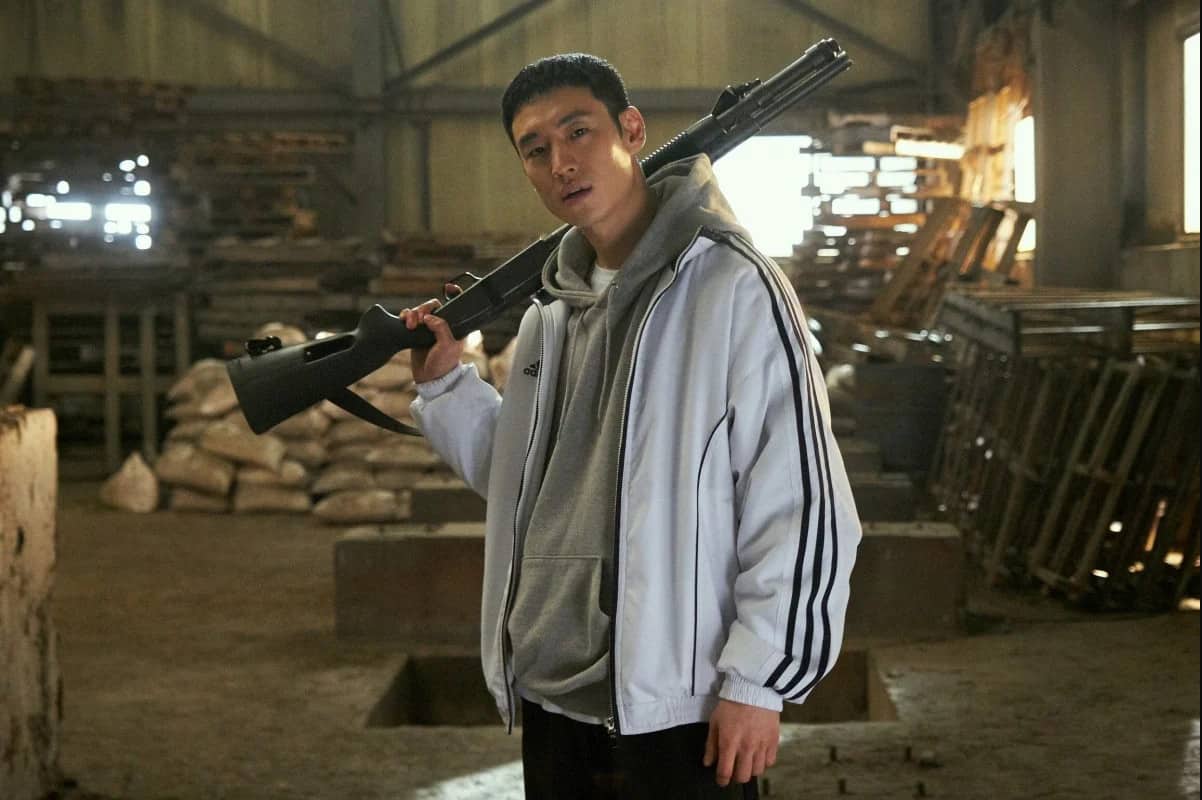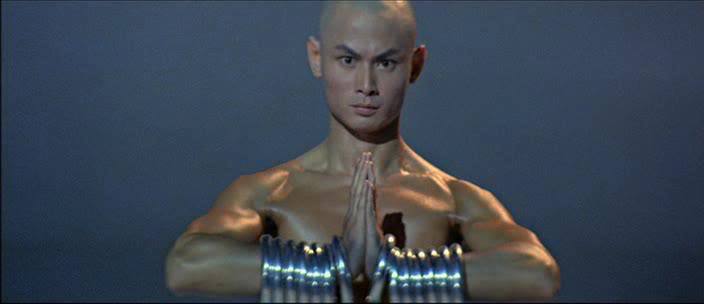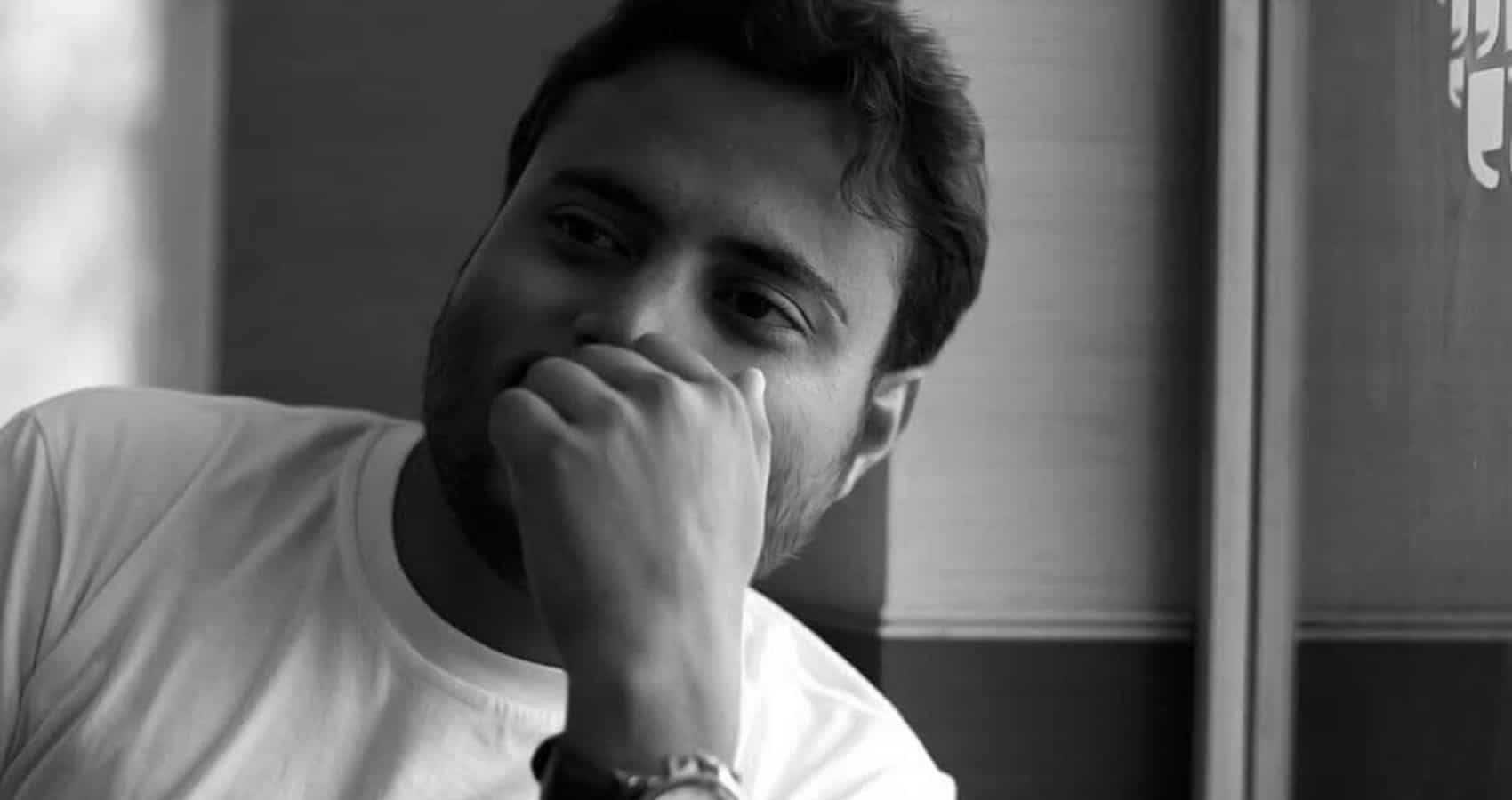Juichiro Yamasaki's third feature film “Yamabuki” competed in the Tiger competition of Rotterdam International Film Festival, alongside thirteen other international titles. In his multi-layered drama, the destinies of two people intersect. We are firstly introduced to Chang-su, a former Olympic jockey for the South Korea national team who had to quit his dreams of gold medal to help his family financially after his father's bankruptcy. That road has led him to Maniwa, a small rural town in Japan where he lives with his Japanese partner and her daughter, trying to make the ends meet by working in the local quarry. A young woman, the titular Yamabuki is another person whose path we follow during the film's 97 minutes runtime. Her connection to the movie's title could be considered strange, if it weren't more to her name. In our interview during the festival, Yamasaki was very specific about it – ‘Yamabuki' means both ‘yellow rose' (a plant that will steer lot of trouble in the story) and ‘gold coin' which was used in ancient Japan.
The film touches upon several socially relevant issues such as immigration, politics and fragile relationships within a family. We spoke to the Japanese director about most of it, but also about his attachment to the region and the heavy gender gap in the rural regions of the country.
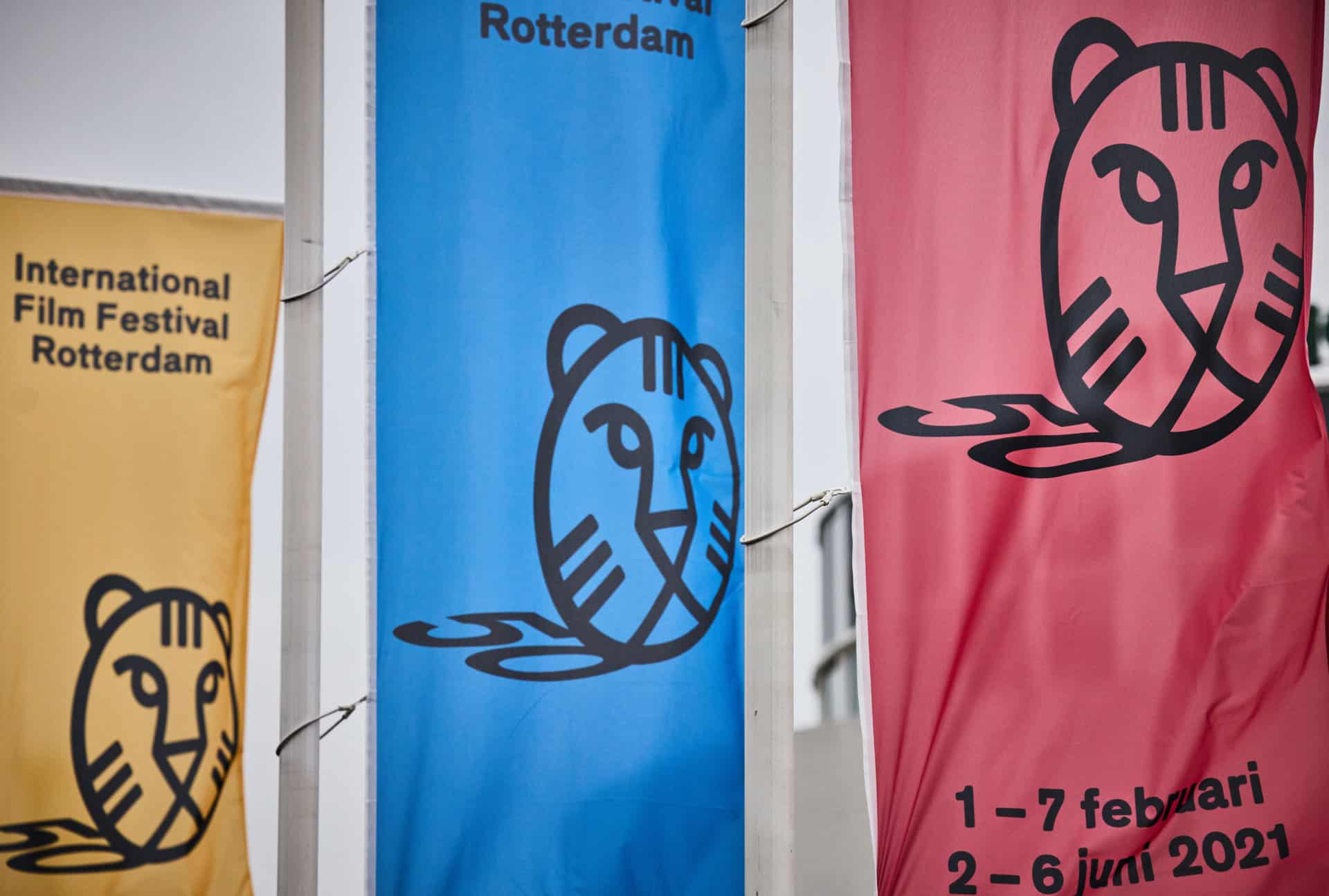
You opted for the 16mm to shoot this film which is not only a costly decision, but risky as well.
Obviously there are a couple of characteristics to it, and it's not that I had this unweavering conviction that I had to do it in 16mm, but there was definitely something I wanted to try and challenge myself with. Consequently, because I was able to shoot the film in 16mm, there were things that I could capture.
After your debut feature “The Sound of Light” (2011) about a dairy farmer and your sophomore period drama “Voice at Dawn” (2014) you return yet again to your town, which seems to be a huge inspiration for your creativity. Do you think that Maniwa will continue to inspire you to tell new stories?
There was always something in those stories that I found fitting for Maniwa, and I felt that to capture a certain kind of emotions – rage and anxieties that this types of regional towns or rural areas experience, I had to seize for it. As for future fimmaking, I don't know if I will stick to the same setting. That really depends on new ideas.
Your film is called “Yamabuki” but its main protagonist is actually a South Korean immigrant who is working in the mine, and not the teenage girl of that name. What hides behind the idea of naming the film as you did?
It is obviously the name of the highschool student but it's not only that. Yamabuki – as you saw in the film – is also the name of a flower that grows in the wilderness. It also has the hidden meaning of money, and the flower itself is very interesting because it doesn't blossom in the sun, but only in the shadow. It is not splashy, but it has a specific strength. That is also something that you can observe in all the film's characters, not only in the girl and Chang-su. I think that the title is quite symbolic.
Is there someone like Chang-su who directly inspired you for his portrayal? Have you met people like him while working on the script?
The immigrant workers in this particular quarry are completely fictional because I do not believe that we have foreign workers there. But we often see immigrant workers in the news, particularly on construction sites or quarries, so I thought that it would be plausible to bring someone like Chang-su into the story. Also, the character himself is very much inspired by the actor who is playing him. Kang Yoon-soo is a Korean actor who actually lives in Maniwa. It is kind of a miracle that I got to meet him. There is a reason why he came all the way to our small town from Korea. He also lived in England and Singapore before finally ending up in Maniwa, where just being a foreign person is something that makes you stand out. Talking to him really inspired the character.
That almost completely answers our next question about the casting decisions. How did you find Kilala Inori, a young actress who is almost stealing the screen from the rest of the cast?
I first offered the role to Kang Yoon-soo, and then I was looking for someone to play Yamabuki through auditions and I eventually found her. I was looking into her filmography, and I needed somebody to portray this almost subtle ambiguity that Yamabuki has, and which feels as symbolic as the flower itself. I wasn't completely convinced when I chose her, but I think that she did a great job.
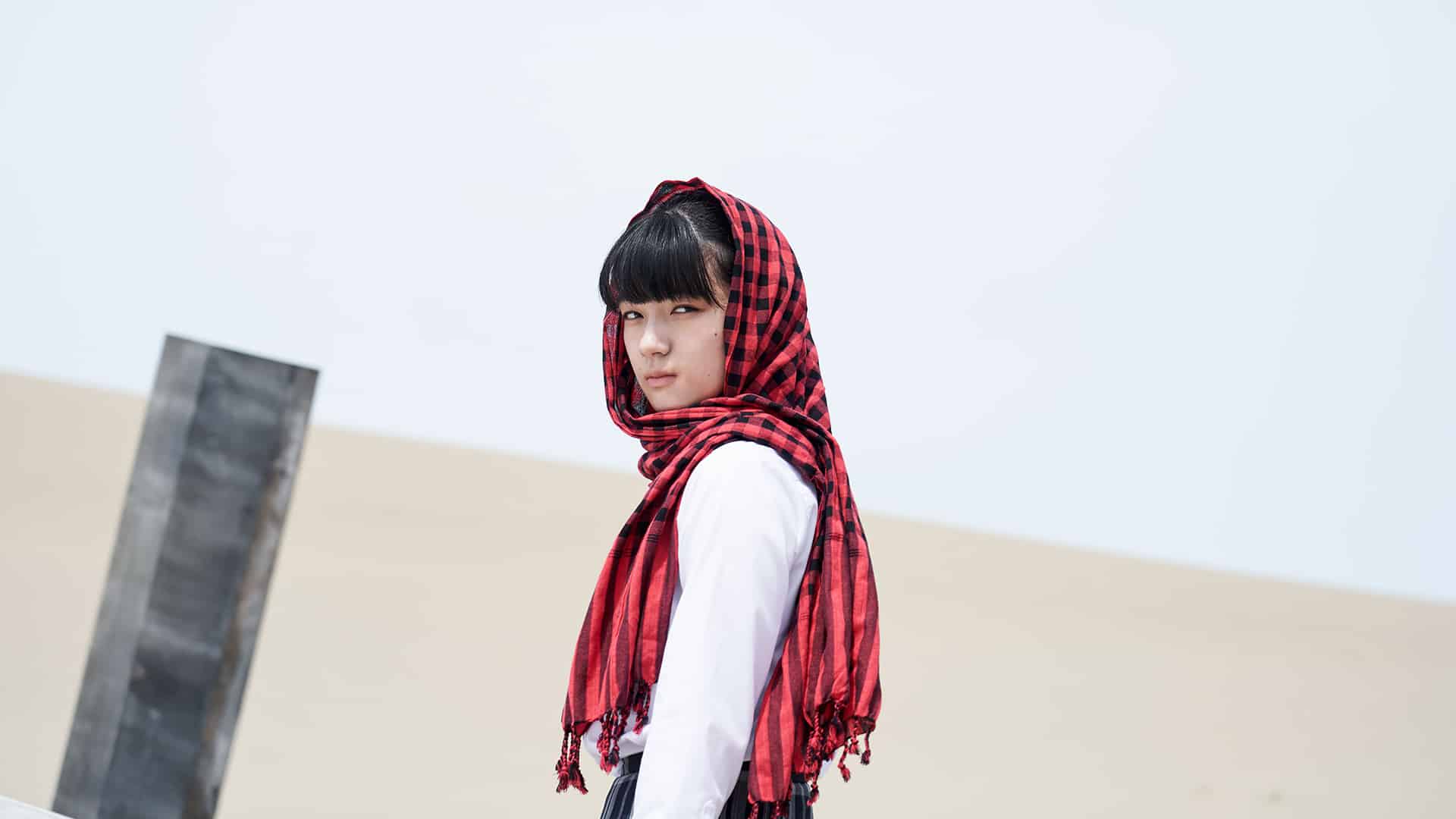
There is a lot of talk about the war and some unspecific big threat. You included a type of political element in the story. What was behind it? Even Yamabuki's friend is talking about wanting to join the army to ‘protect those he loves.'
I already mentioned the feelings of rage and anxiety that people in the rural areas have in themselves. That is true to me as well, when I see what's happening in the news such as politics around the world, and especially in Japan. It's not that I directly wanted to depict the political situation, but I knew that it had to come in, in crafting this story. There is no way it couldn't have involved these elements. That's one thing. With regards to the defence force, there are actually posters that you see in the film all over Maniwa. When you go to the convenience store or to the train station, the posters are there. I know people who have joined the military. You can't see many of those posters when you are in big cities, but you see plenty of them in rural areas. You can literally feel how the rocks are being shaved off, metaphorically speaking. It is a very economist way of thinking – to bring everything and everyone into the centre of the country and leave the provinces empty. It's a very decisive episode of displacement when something is moved to another place. In coming up with that story, posters that I kept on seeing in my city were very impactful.
The teenager Yamabuki is very political. She is standing on the street demonstrating different causes every day after school. At one point she says that she wants to feel every second of other people's suffering.
That is a political action for sure, but I must underline that I didn't want it to be too underscored. It was a matter of balance that I wanted to achieve.
It is in a way her personal way of dealing with the absence of her mother and a shaky relationship with her father, a small town police officer.
Oh, most definitely.
Father-daughter relationships are really finely developed in the film and I intentionally use the plural form. There is Chang-su who is building the relationship based on confidence with his adoptive daughter, still a pre-schooler, and there is Yamabuki who feels as a complete outsider at home.
(grins from ear to ear) I am a father of two daugters. This came to me organically, because I do not only have a six year old, but also a new born baby girl. When I was thinking about the film, the story also became something about them as well. I drew those elements towards the narrative.
Here you are at Rotterdam International Film Festival in the Tiger Competition. What are your aspirations for the film?
When I was talking about my daughters, I forgot to mention how meaningful it was for me to have a strong female lead in the story because I feel the discrimination against women very strongly. This kind of suffocation in terms of supression is felt more if you live in Japanese rural areas. This is an evil tradition of the patriarchy which feels much stronger in the countryside. I am a father of two daughters and I think about the world they are going to be living in, and the ways we can break the discrimination against women and the patriarchy that steers us to think how Japan can leave it all behind. I hope that film inspires people to question things, and also that they will love it, and I wish that the fim will be seen by as many viewers as possible.
There is also a a very important treat about a serious crime getting unpunished, while someone else gets punished about not committing the crime.
I personally feel that the debate about who is the victim and who the perpetrator is, is ongoing. In many cases, the perpetrator can also turn out to be the victim and vice versa, at least this is what I've observed and there are many stories like that. I drew my characters from many places, partly because since I was born, I live in this world of many rationalities and ironical things, so I simply observe. I drew my script from that. But, I wanted to make them interesting rather than preachy, so I'm hoping that it came across that way.
You are not orginally from Maniwa, it's where your father is from. You were born and raised in Osaka, and studied anthropology in Kyoto. What was your journey from anthropology to film, and from there to the agriculture?
I was studying anthropology and ethnology, and I would film the old festivals. There is a term for that kind of study – film ethnology. That's what I was doing back then. I wanted to stay in Kyoto and make films, but I wasn't given any opportunities to follow that path, so I decided to become a farmer, thinking that if I were capable of growing my own food, I would lead a different life. My father had some land, so I started farming. The area is mountaneous, and I realized one day that we don't have any days for celebrating culture, so I wanted to do that. I gathered a group of people and we started to show films, and during that time we began with the shooting. That is how it all started. I made my first film while I was working as a farmer. It was a very different experience from what I had when I was a student, so I was hoping that I could profit from the landscape. I was also aware that I had a unique point of view as someone who came to the countryside form the big city.


